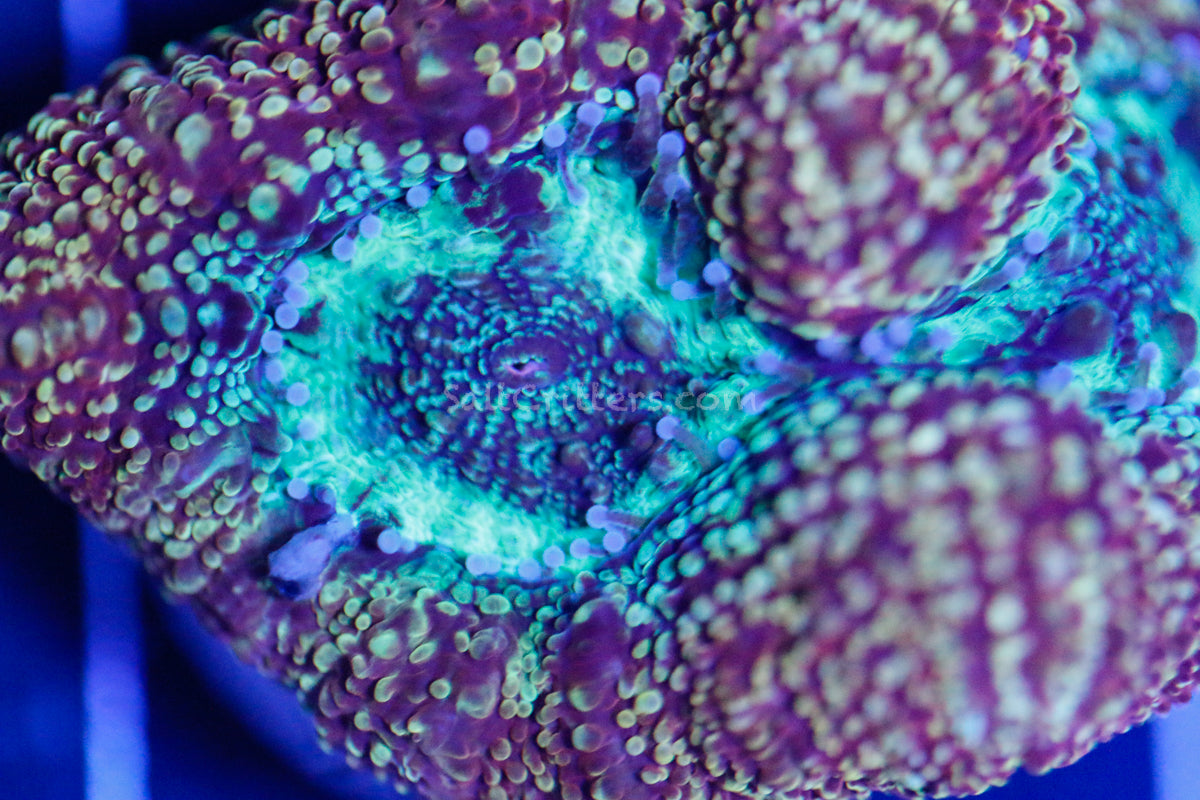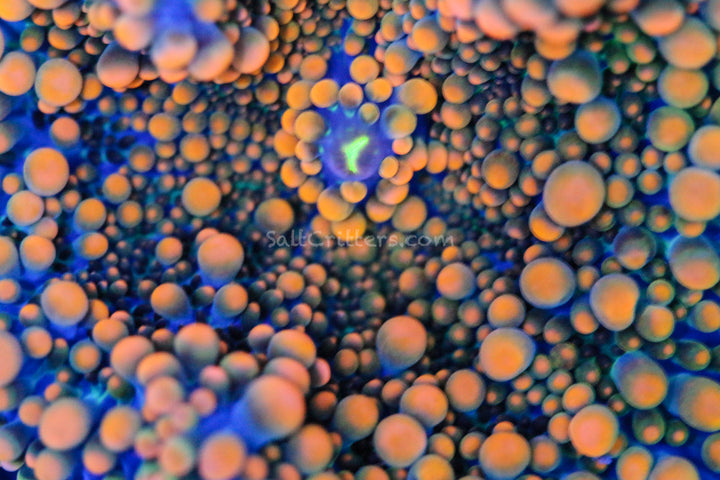Coral reefs, often dubbed the rainforests of the sea, are bustling ecosystems teeming with life and color. Within these vibrant communities, corals stand as the architects, building intricate structures that support a diverse array of marine organisms. One of the intriguing aspects of corals is their longevity – how long do these fascinating creatures actually live? Let's dive into the depths of this question and unravel the mysteries of coral lifespan.
Understanding Coral Lifespan: Corals, although they may seem like stationary organisms, are indeed alive. They belong to the phylum Cnidaria and are primarily composed of tiny polyps that secrete calcium carbonate to form their skeletons. While individual polyps have relatively short lifespans, the colonies they form can persist for much longer periods, sometimes centuries or even millennia.
Several factors influence the lifespan of corals:
-
Species Variation: Different coral species exhibit varying lifespans. Some species, such as certain massive corals like brain corals (Platygyra, Diploria), can live for centuries, while others, like branching corals (Acropora), may have shorter lifespans.
-
Environmental Conditions: The health and longevity of corals are closely tied to the conditions of their environment. Factors such as water temperature, light availability, water quality, and nutrient levels can greatly impact coral health and lifespan.
-
Human Activities: Human-induced stressors such as pollution, overfishing, habitat destruction, and climate change pose significant threats to coral reefs worldwide. These stressors can reduce coral resilience, making them more susceptible to disease and bleaching events, ultimately shortening their lifespan.
Longest-Lived Corals: Among the remarkable examples of longevity in the coral world are the deep-sea corals, which can live for thousands of years. Some species of deep-sea corals, found in cold, dark ocean depths, have been estimated to live for over 4,000 years, making them some of the oldest living organisms on the planet.
Given the vital ecological roles that coral reefs play, conserving these ecosystems is paramount. Through initiatives like marine protected areas, sustainable fishing practices, and reducing carbon emissions, we can help mitigate the threats facing coral reefs and prolong the lifespan of these invaluable marine organisms.
While individual
coral polyps may have relatively short lifespans, the colonies they form can persist for centuries or even millennia under the right conditions. Understanding the factors influencing coral longevity and the importance of coral conservation is essential for safeguarding these biodiverse ecosystems for future generations to enjoy. As stewards of the oceans, let us work together to ensure the continued survival of coral reefs and the myriad of life they support.




Comments (0)
Back to Blog